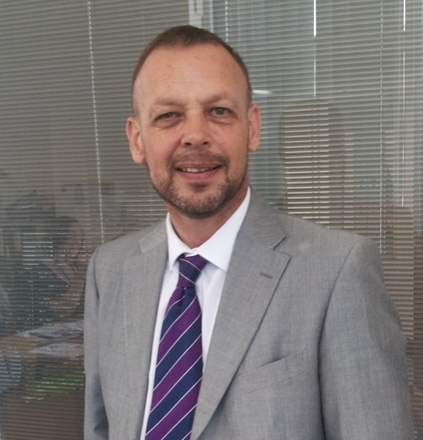01.10.15
‘No evidence base for ADHD over-diagnosis’
Source: NHE Sep/Oct 15
 Dr Tony Lloyd, chief executive of the ADHD Foundation, explains the challenges facing doctors in treating ADHD.
Dr Tony Lloyd, chief executive of the ADHD Foundation, explains the challenges facing doctors in treating ADHD.
Over the last decade the number of prescriptions for drugs to treat attention-deficit/hyperactivity disorder (ADHD) has doubled in the UK, but this isn’t a simple case of over-prescribing, NHE has been told.
Dr Tony Lloyd, a psychologist and CEO of the ADHD Foundation, which provides a range of therapeutic interventions, told us that doctors are getting a “raw deal” on this issue.
Health & Social Care Information Centre data revealed that in the last year there were 922,200 prescriptions for methylphenidate hydrochloride – the leading medicine for ADHD. In 2010, 661,000 prescriptions were dispensed, compared with 359,100 in 2004.
However, guidelines from the National Institute for Health and Care Excellence (NICE) suggest that the use of these drugs should only be a last resort, and “is not recommended” at all for pre-school children. Drugs should only form the first-line treatment for school-age children and young people with “severe” ADHD.
“But the bottom line is that medication is not just the first line of treatment but the only line of treatment, pretty much in most parts of the country,” Dr Lloyd told NHE. “I think doctors are getting a bit of a raw deal on this, to be honest. I think they are being blamed for all the prescribing but, in fact, doctors can only offer treatments that NHS commissioners commission.”
Cognitive behavioural therapy (CBT) and psycho-educative interventions could help people diagnosed with ADHD live a healthy and successful life with the condition.
“But in most parts of the country CBT or psycho-educative interventions for children with neuro-developmental disorders like ADHD aren’t commissioned,” said Dr Lloyd.
The ADHD Foundation works closely with clinicians from Alder Hey Children’s Hospital in Liverpool to provide a range of therapeutic interventions. But this is a unique service in the UK.
Over-diagnosis ‘myth’
ADHD is the most prevalent neurodevelopmental condition in childhood, affecting between 5-8% of the UK population – approximately 500,000 school children.
However, population data suggests that the proportion of children actually diagnosed is somewhere between 1% and 3%.
“This idea of over-diagnosis; there is no real evidence base for that,” said Dr Lloyd. “I can’t find any evidence. I think there is, potentially, some misdiagnosis going on because there are likely to be some doctors who, in an attempt to help desperate parents, might prescribe ADHD meds.
“I think there are other children who have other psychological problems who are, perhaps, behaviourally described as ADHD but in fact a lot of them are suffering from very acute anxiety which can sometimes present as ADHD.
“By and large, it is not really the diagnostic process [at fault] because it is quite thorough. I think it is, partly, that commissioners are not actually giving doctors a choice of being able to offer other services to parents.”
Co-commissioning
Dr Lloyd added that the “new paradigm” around integrated children’s pathways and co-commissioning has slowed progress down.
“It has meant that NHS commissioners have had to sit down with local authority commissioners and say ‘how do we collectively commission?’,” he said. “And who are those agencies who can provide evidence-based interventions to work with children with ADHD?”
More and more commissioners are contacting the ADHD Foundation in a consultancy capacity to help with the design of their pathways, including several CCGs in Surrey.
Dr Lloyd said: “When we look at the cost of medication, such as methylphenidate, it is around £600 for a year, with dispensing costs this is around £800. We can provide what NICE recommends for no extra cost – so the alternatives are there.
“However, there are not many agencies like us around who a commissioner would have the option to commission. But we are, interestingly, getting requests to provide services much further afield. We are also setting up some satellite services in other parts of the country to respond to that request.”
Dr Lloyd added that there needs to be a shift so that everyone working with children, be it teachers or medical professionals, are working towards ensuring the mental health wellbeing of children.
“One thing that would make a great deal of difference is if schools could train their staff better to understand, not just ADHD, but the whole range of mental health problems,” he said.
In November the ADHD Foundation is hosting a two-day conference for clinicians, nurses, commissioners, psychologists and healthcare professionals to discuss innovation and service transformation in ADHD and autism spectrum disorder (ASD) in mental health and education.
For more information about the event, click here.